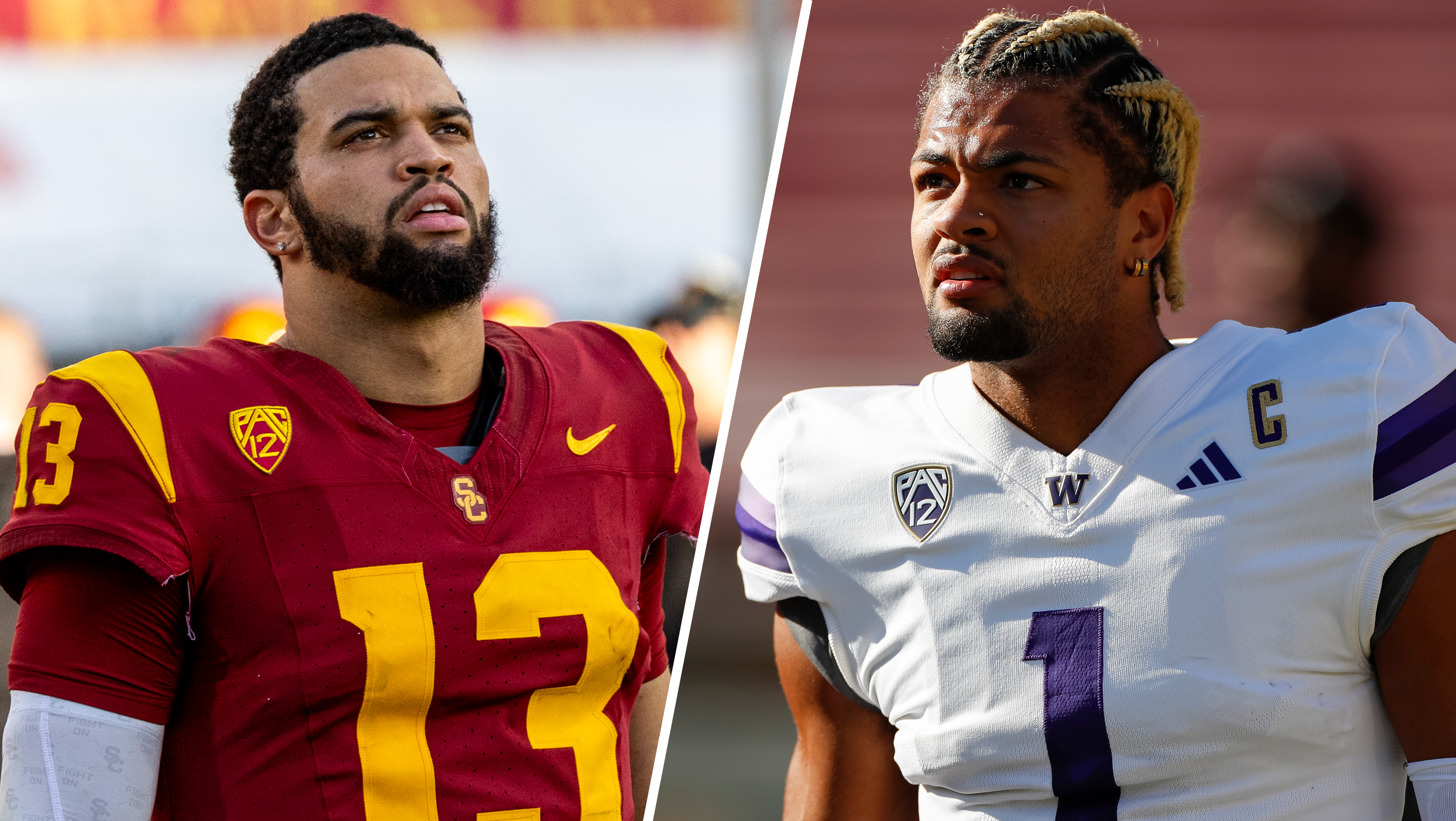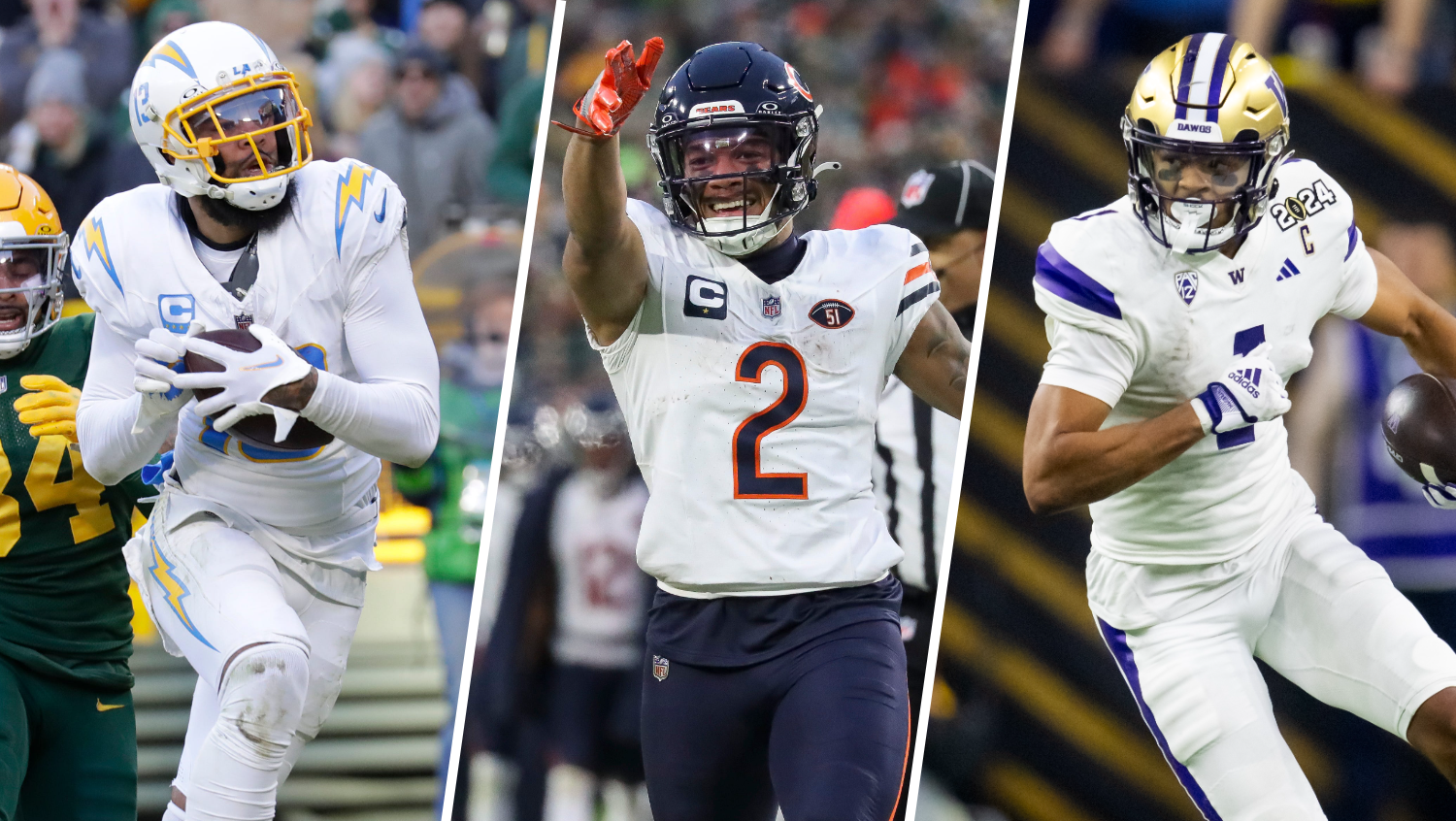Not really many new or more sweeping superlatives to offer for what was, in this observer's opinion, the greatest Super Bowl ever. The New England Patriots may be the Evil Empire to some detractors, but the 34-28 overtime win at the expense of the spent Atlanta Falcons revealed a character and greatness, no matter what's said about PSI or anything else.
What you have after an event like this are snapshots, impressions left by this play or that.
Tom Brady is the greatest quarterback in NFL history. Five Super Bowls won, two lost (both to the New York Giants, both involving freakish pass receptions), and more important, this one won by directing a comeback from 28-3 that involved shaking off an anemic first half and responding with a historic second. Joe Montana, Brett Favre, Peyton Manning – all relegated to the discussion as to who is No. 2 all-time.
Difficult not to put a harsh second-guess on Atlanta coach Dan Quinn and offensive coordinator Kyle Shanahan. In a game that saw their players streak to a 28-3 lead in the third quarter, the Falcons ran the football a total of just 18 times despite averaging 5.8 yards per carry for the game and 4.6 ypc on the season.
Pass plays were called that resulted in sacks, one call an inexplicable empty backfield package on a third-and-1, resulting in a strip-sack that was turned into the New England touchdown that made it a one-score game. The Falcons were struggling to run with center Alex Mack operating on a fractured leg but the strategic coaching imperative is to put players in the best positions to be successful, and that call against an energized Patriots front was a game-changer.
The last time I can recall a gag job of this magnitude, the Houston Oilers run-and-shoot offense was choking away a 35-3 lead in the 1993 wild-card round to the Buffalo Bills.
Collectively, the Falcons, players and coaches, conspired to choke away a Super Bowl. And add owner Arthur Blank to the role of foul-ups, too. With his team blowing out the Patriots, Blank left his box and was down on the sideline for what appeared to be some camera time celebrating for the whole fourth quarter. Idiotic jinxing.
NFL
If John Fox ever needed an object lesson to impress upon his Bears teams the intrinsic importance of never quitting, Tom Brady and his bunch provided one. Playing 60 minutes (or more, in this case) is supposed to come with being a professional, and it doesn't guarantee anything if you're simply not good enough. But without that never-quit component, Super Bowl LI is over at the 45-minute mark. Things like this never happen.
If there was a quirk of the game, it was that the Patriots turned the football over twice inside the Atlanta 35, one on a pick-6, without which this game probably doesn't reach overtime. The Atlanta offense only stayed on the field a total of 46 plays, less than half New England's (93), and the 344 total yards were the third-fewest the Falcons put up all season. Matt Ryan's passer rating was stratospheric (144.1) but the Patriots held him to 240 passing yards, third-fewest of the season.
An underrated element of Super Bowl LI was the Atlanta Falcons defense, which was on its way to being the story of the game until the fourth quarter, when suddenly the four-man pass rush ran largely dry, not really surprising in a quarter when the Patriots ran 28 plays, including two-point conversions.
The Atlanta offense was on the field exactly 3:44 of the second quarter and only 4:49 of the pivotal fourth. Easy to say that the defense could've helped itself by holding the Patriots to less than 7-14 on third downs and gotten off the field, but the real culprit was the Atlanta offense that converted exactly one of eight third downs, none of its five in the second half.
It obviously has to be the right people, but the general template employed by the Patriots and Falcons is one the Bears are loosely following – defense-based coach, commitment to strong run games (New England No. 3 in attempts, Atlanta tied for No. 4 in rushing average), even taking an undersized edge rusher the Bears left on a draft board. The Bears have the defensive-coach thing in place, they've got the foundation of an A-list run-game even if they didn't always use Jordan Howard like they mean it, and they think they've got in Leonard Floyd what they passed on to take Shea McClellin and Kevin White in those drafts.
Now, the quarterback thing, that's something else. Atlanta and New England have A-list quarterbacks, something the Bears are finally going to get around to seeking this offseason.


